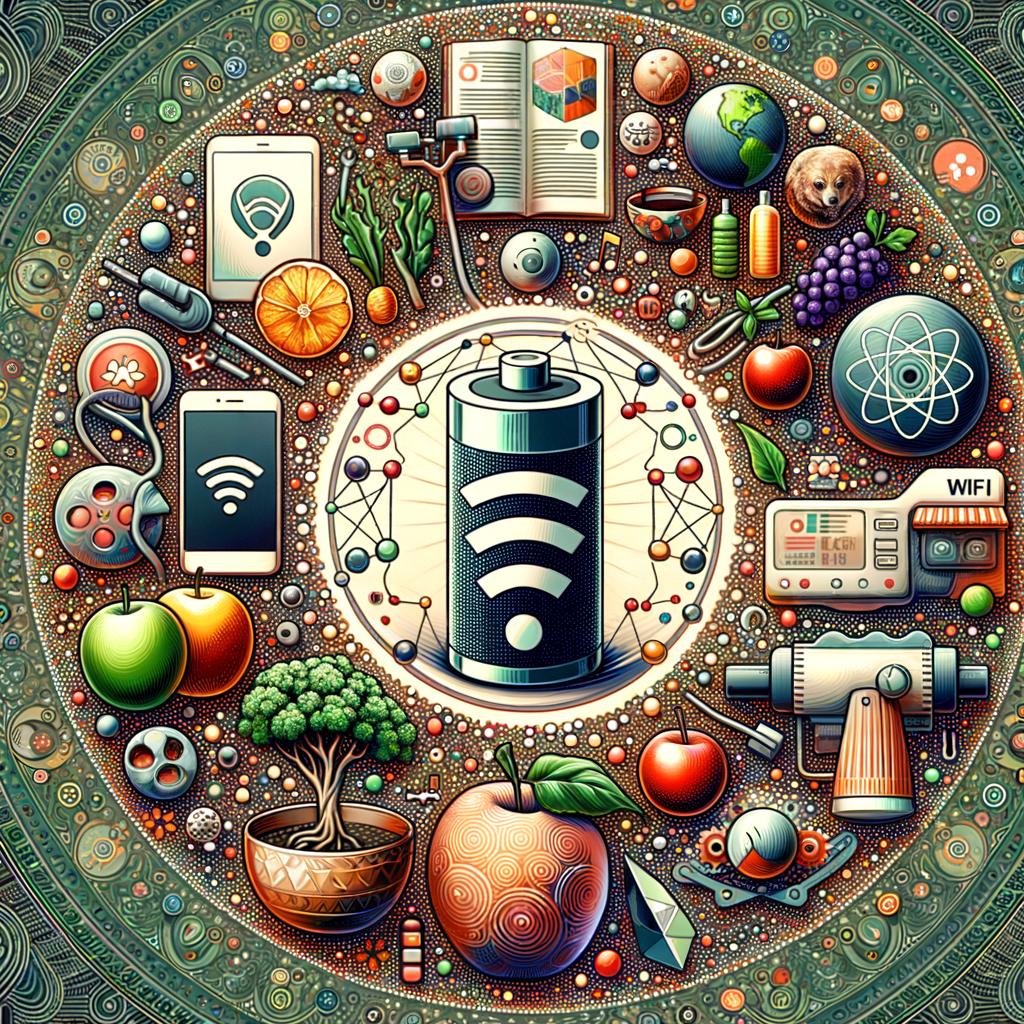
Introduction: Flickering Flames of Fatigue on a Vegan Diet?
Have you ever asked yourself, “Why don’t I have more energy on a vegan diet?” You’re not alone. Transitioning to a plant-based diet can sometimes be a rocky road. The general expectation is, a vegan diet, brimming with fruits, vegetables, and whole grains, should supercharge your energy levels. However, one can paradoxically experience a decline. Why, you ask? There are several potential reasons and this article will delve into those.
We’ll shed light on potential pitfalls that could be draining your zeal. We will also offer effective strategies to reignite your energy, help you spring back into full dynamism, and debunk any disillusion from your vegan voyage.
Know Why Don’t I Have More Energy On Vegan Diet?
You might have less energy on a vegan diet due to potential nutrient deficiencies or insufficient caloric intake, common challenges when eliminating animal products. Key nutrients that are harder to obtain from a vegan diet include Vitamin B12, iron, calcium, zinc, and omega-3 fatty acids, deficiencies of which can lead to decreased energy and fatigue. Additionally, plant-based foods tend to be less calorie-dense, requiring larger volumes to meet your energy needs. Ensuring a well-planned diet that includes a variety of whole foods, supplemented with essential nutrients, and consuming adequate calories can help address these issues and improve energy levels.
Nutrient Nuances: Vitamins and Minerals Matter
Embarking on a vegan diet often means forsaking certain food groups altogether. While this lifestyle change is often for the best, it may birth nutrient deficiencies if not carefully managed. The key culprits include iron, vitamin B12, vitamin D, iodine, and omega-3 fatty acids. These nutrients are critical for energy production; lower intakes might smother your spark.
Missing Minerals And Vital Vitamins
Iron-rich plant foods abound, yet the iron they offer is not as easily absorbed as the iron from meat. Hence, if you’re not iron-clad in your knowledge of vegan high-iron sources or how to boost absorption, you might find your energy ebbing. On the other hand, vitamin B12, a real dynamo when it comes to energy, is found naturally in animal products, making supplementation often necessary for vegans.
Balancing Act: Striking the Right Protein Proportions
Protein isn’t just about muscle mass: it’s the superstar of an energy-stable diet. So, if you’re frequently fatigued despite your vegan diet, you may be falling into the all-too-common protein pit. Yes, plants can provide your protein punch, but charting it out can be a tad trickier than with a carnivorous course.
Protein Power Play
Beans and legumes, nuts and seeds, soy products and some cereals are all fantastic vegan protein sources. By efficiently incorporating these options into your meals, you can easily meet your protein quota and keep energy levels aloft.
Resplendent Radiance: Rightful Hydration and Sleep Serenity
Now, let’s not forget about these two silent soldiers – hydration and sleep – both crucial for a radiant resurgence of your energy levels. With all the attention on what you’re eating, remember that restricting any single macronutrient group, as can often happen in vegan diet, can impact sleep quality and hydration.
Serenity with Sleep and Hydration
Ensure that seductive sleep and harmonious hydration are both given their due credit in your vegan voyage. Amp up your water intake, get those essential seven to nine hours of sleep, and you may find those dwindling energy levels dramatically reversing.
Conclusion: A Symphony in Balance
Remember, harnessing the full power of a vegan diet isn’t just about excluding animal products; it’s about including a wide variety of plant foods and ensuring you’re not missing out on vital nutrients. Happy eating!
Frequently Asked Questions
1. Why do I feel weak on a vegan diet?
Feeling weak could be due to a deficiency of key nutrients like iron, B12 or protein. Be sure to incorporate a variety of nutrient-rich vegan foods or consider supplementation if needed.
2. Is it normal to be tired on a vegan diet?
It’s not obligatory to feel tired on a vegan diet. However, if you are new to the vegan lifestyle, your body may be adjusting. Make sure you’re getting adequate nutrients and energy from a variety of plant-based sources.
3. Can a vegan diet cause fatigue?
Any diet, not only a vegan diet, can result in fatigue if vital nutrients are not adequately consumed. Make certain you’ve covered all your nutrient bases, and consider speaking to a healthcare professional if fatigue persists.
4. Does a vegan diet increase energy?
When effectively balanced, a vegan diet can indeed provide you with a steady supply of energy, thanks to its emphasis on whole foods, abundant in complex carbohydrates and fiber.
5. How can I get more energy on a vegan diet?
Keep your energy levels peaked by meeting your nutrient needs, including vitamins B12 and D, iron and protein. Stay well hydrated, have a good sleep routine, and incorporate a variety of wholesome foods in your diet.



